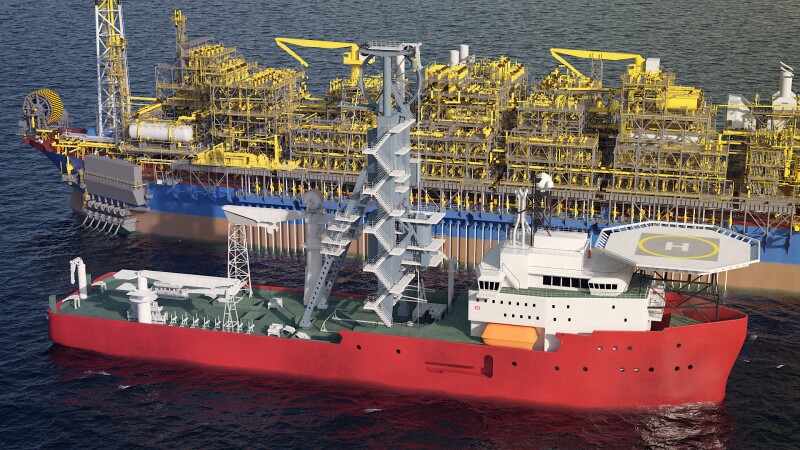Strohm, along with Petrobras and Shell, has launched a joint industry program (JIP) for its thermoplastic composite pipe (TCP) flowline and riser technology for the deepwater market in Brazil and beyond with a corrosion-free solution with a 30-year design life.
The 4-year project coincides with a large plant expansion which is well underway at Strohm’s premises in the Netherlands as part of its ongoing growth strategy. The JIP is an advanced program to bring TCP flowline and risers offshore under actual field conditions.
In January, Strohm announced it had secured a contract with Total and ExxonMobil for a qualification-testing program for a high-pressure, high-temperature (HP/HT) thermoplastic composite pipe (TCP). The qualification project was said to create a foundation for further development of TCP technology for riser applications.
The Petrobras, Shell, and Strohm TCP Flowline and Riser JIP builds on earlier work performed in Brazil and begins this month when Strohm will develop, qualify, and test its composite pipe technology with the two operators to make it fully field proven and commercially available to the oil industry. The unique program will manufacture and pilot the installation of two TCP systems, one for TCP flowlines and the second for TCP risers. This will result in the industry’s first program to mature the TCP riser to TRL-6 (API 17N), proving it is an enabling technology and ready for deployment, Strohm said in a press release.
“TCP has the potential to transform the global deepwater flowline and riser market and unlocks a huge potential for us in Brazil,” said Strohm Chief Executive Oliver Kassam. “The Brazilian pre-salt cluster currently has 20+ FPSOs in operation and each one is supporting numerous risers, providing a huge opportunity for us in the replacement market. In addition, the country also invests circa $1 billion in risers to support new FPSO operations each year, and this is set to climb in line with its ambition to become the world’s fourth-largest oil producer by 2029. This JIP confirms that TCP is well positioned to be a game changer for the deepwater sector and for Strohm.”
Engineering activities and pipe testing for the program will be carried out in the Netherlands and Brazil, and full-scale prototypes will be manufactured and installed offshore Brazil.
Recently, conventional flexible flowline and risers have been reported to exhibit premature integrity issues due to corrosion, leading to regular replacement, which is costly and leads to deferred production, according to Strohm.
Strohm’s TCP flowline and riser are corrosion-resistant with a 3-decade design life. It boasts superior fatigue performance and is lightweight compared to steel resulting in a cost-effective free-hanging catenary configuration once installed.
“This is a very significant and exciting moment as we join forces with Petrobras and Shell to qualify our TCP flowline and riser and see the prototypes installed in deepwater by 2024,” added Kassam.


